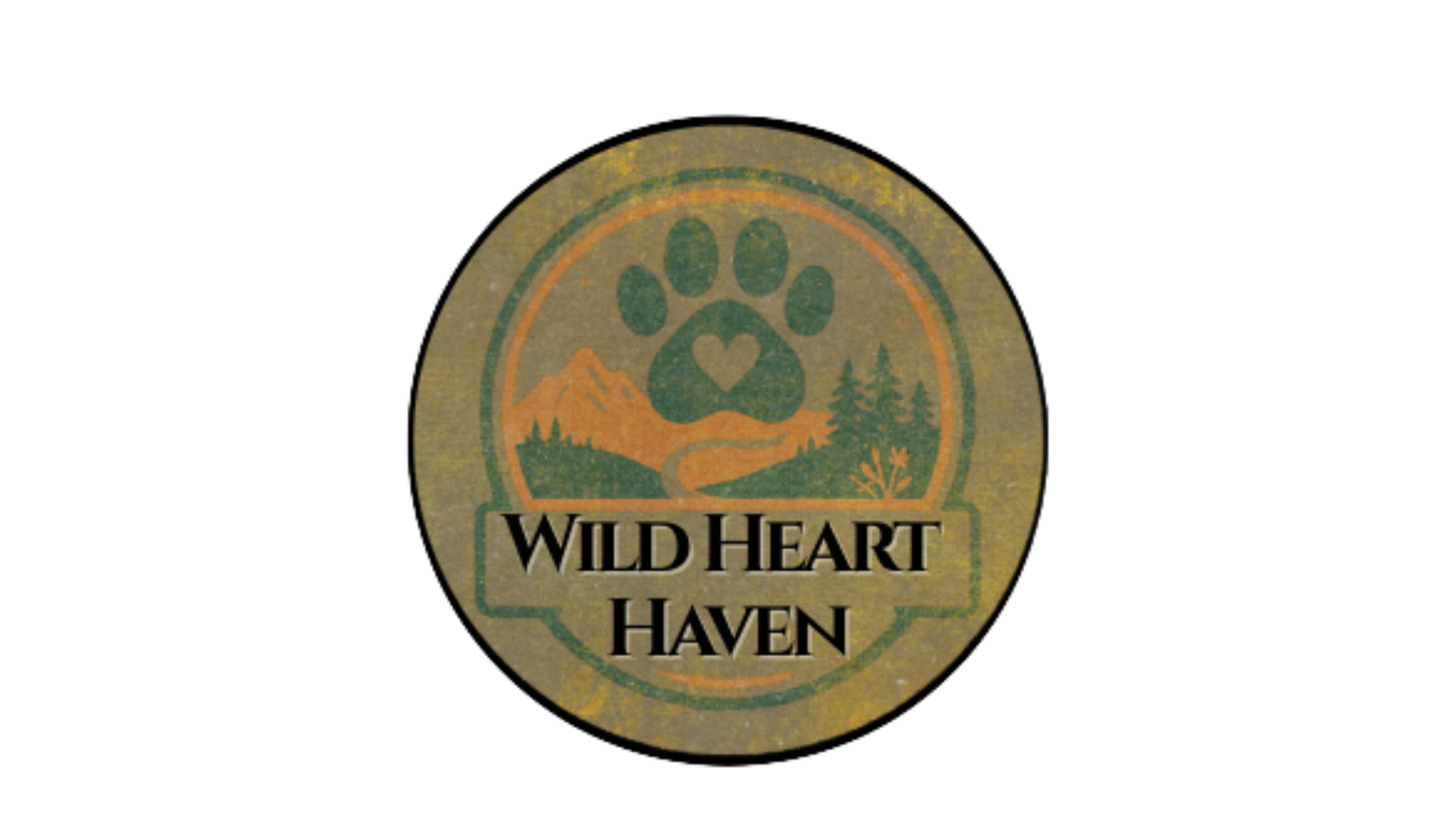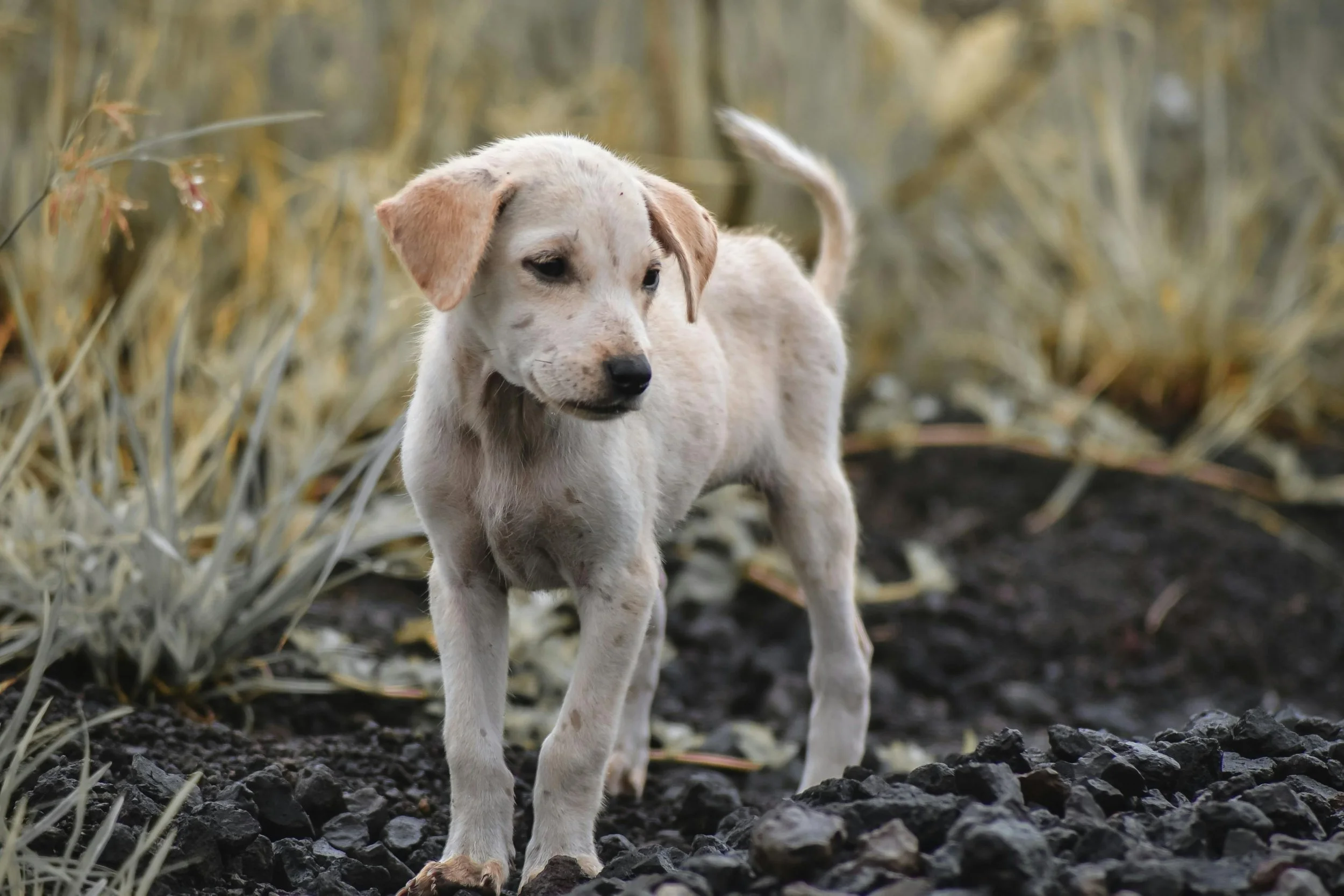
The Haven Handbook
A trusted resource for caring hearts and curious minds.
🐾 Be the reason a dog is safe today.
🐾 Be the reason a dog is safe today.
At Wild Heart Haven, rescue doesn't end at the fence line.
Whether you're a first time dog parent or a lifelong companion, we believe education is a form of love.
Here you'll find trusted, compassionate advice on everything from emergency signs to ethical reporting, so you can protect not only your dog, but the ones you can’t see.
Health & Emergencies
-
Symptoms include sudden imbalance, head tilt, loss of coordination, circling, or eye twitching. If you see these signs, stay calm and get to a vet immediately. Stroke symptoms can mimic other serious conditions, so rapid care is essential.
-
Heavy panting, bright red gums, vomiting, drooling, wobbly walking, or collapse are warning signs. Move them to shade, offer cool (not cold) water, and place damp cloths on paws and belly. Call your vet — overheating can become deadly fast. Call your vet — overheating can be fatal.
-
Common signs include vomiting, tremors, diarrhea, or drooling. If your dog consumed chocolate, grapes, xylitol, or medications, call your vet or Pet Poison Helpline: (855) 764-7661.
-
Reverse sneezing sounds like a sudden, snorting inhale — it’s loud, but usually harmless and passes in seconds.
Choking is more serious: look for pawing at the mouth, panicked behavior, drooling, or inability to breathe or make noise.
If you’re unsure — stay calm and call your vet or emergency animal hospital.
Reporting Concerns
-
1. Observe Carefully (But Safely):
Look for signs like:Wounds, limping, or signs of violence
Lack of food, water, or shelter
Constant yelping or panic barking
Sick puppies or crowded, filthy conditions
Only take photos or video if it’s safe to do so.
2. Report It:
Contact one of the following:Local Animal Control
Sheriff’s Office (non-emergency line)
Online reporting forms (check your county website)
Anonymous tips may be accepted if you're concerned for your safety.
3. Don’t Do This:
❌ Don’t confront the person directly
❌ Don’t attempt to remove the dog yourself
❌ Don’t assume someone else will report it
4. What to Say When Reporting:
“The dog looks injured and doesn’t seem to get vet care.”
“There’s no shelter or water available.”
“Multiple sick puppies are being bred or sold.”
Remember:
You don’t need proof — you just need to raise the concern. Reporting can save a life. -
Note frequent litters, poor conditions, and if animals seem ill or neglected. Report to animal control or code enforcement. You may also contact rescue organizations for guidance on anonymous tips.
-
Neglect often involves lack of food, shelter, water, or medical care. Abuse includes active harm. Both are cruel — and both deserve action..
-
This may be considered neglect, especially if the dog has no shelter, food, water, or is exposed to extreme weather. Document what you see (safely) and report it to local animal control. In many places, constant tethering violates animal welfare laws.
-
Immediately. Even a few minutes in a hot car can be deadly. If the car is locked and the dog is in distress, call 911. In Florida, citizens are protected under law when breaking into a car to save an animal in imminent danger — but always call authorities first.
Behavior & Everyday Care
-
Pacing, whining, excessive licking, hiding, or sudden aggression can all point to anxiety. Triggers might include loud sounds, changes in routine, or lack of stimulation. Patience and structure help.
-
Use a vet-approved cleanser and gently wipe the outer ear with a cotton pad. Never insert cotton swabs. If the ears smell bad, are red, or have dark discharge, call your vet. Ear issues can become painful infections fast.
-
If the limp doesn’t improve after 24 hours, is paired with whining or swelling, or your dog won’t put weight on the leg at all, visit your vet. Better safe than sorry.
-
Most dogs only need a bath every 4–6 weeks, depending on coat and activity level. Overbathing can dry out their skin. Use a gentle, dog-specific shampoo — never human products. Ask your vet if your dog has allergies or skin sensitivities.
-
Yes — but only if your dog is calm and you’re confident. Use proper nail clippers and avoid cutting the quick (the pink part inside the nail). Trim a little at a time. If unsure, ask your groomer or vet tech for a demo first.
-
Start slow. Use a dog-safe toothbrush or finger brush and toothpaste made for dogs. Let them lick the paste first. Begin by brushing just a few teeth, offering praise and treats. Daily brushing is ideal, but even 2–3 times a week helps.
-
Some are safe (like plain chicken, carrots, or green beans), but many are toxic — especially chocolate, grapes, onions, garlic, xylitol, or fatty/salty foods. When in doubt, skip it. Always check ingredients before sharing.
-
Raw bones from beef, lamb, or turkey can be safe in moderation and under supervision. They should be large enough that your dog can’t swallow them whole or break off sharp pieces.
Never feed cooked bones — they can splinter and cause choking, internal bleeding, or intestinal blockages.
Avoid pork bones, chicken wings, or any bones that feel brittle. When in doubt, stick to vet-approved chew alternatives like rawhide-free chews, dental sticks, or frozen marrow bones from trusted sources.Always supervise chewing, and never leave dogs alone with bones.
When the bone gets small or soft — take it away.
Protecting the Pack
-
Florida House Bill 255, nicknamed Dexter’s Law, took effect July 1, 2025. Named in memory of Dexter, a rescue dog cruelly killed in Pinellas County, the law:
Enhances penalties for aggravated animal cruelty, including cases involving torture, mutilation, or severe neglect.Newsweek+9Wikipedia+9Florida Governor's Office+9
Introduces a 1.25x sentencing multiplier for qualifying offenses.WUFT+2Wikipedia+2Florida Governor's Office+2
Establishes Florida’s first public registry of convicted animal predators—available to shelters and pet sellers to prevent future abuse.
-
Florida Senate Bill 150, known as Trooper’s Law, takes effect October 1, 2025, though many of its provisions begin enforcement immediately. Named after Trooper, a dog abandoned during Hurricane Milton, the law:
Makes it a third-degree felony to restrain or abandon a pet during a declared natural disaster or evacuation. Penalties may include up to 5 years in prison and a $10,000 fine.Axios+4Wikipedia+4Florida Governor's Office+4
Requires owners to properly feed, shelter, and exercise pets—even under emergency conditions—making failure to do so a misdemeanor.
-
Effective July 1, 2025, the Pam Rock Act (HB 593) tightens regulations around dogs declared “dangerous” after attacks:
Owners of dangerous dogs must carry $100,000 liability insurance, keep dogs microchipped, spay/neuter them, and house them in secure enclosures or with muzzle/leash control.Levin Litigation+5WUFT+5Bernheim Kelley Attorneys+5
Classifying a dog as "dangerous" can follow incidents like unprovoked attacks or chasing/severely injuring people or domestic animals.


